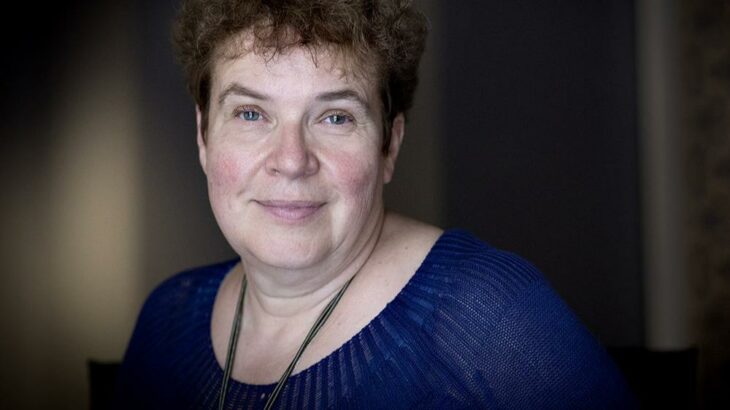
They could easily have killed them. As the president said of the man whose name he’s afraid to mention: “If they had wanted to poison him, they would have brought it to an end”. And why didn’t they follow through here? No man, no problem.
It is unlikely that people in balaclavas were stopped by considerations of humanity or fear of the Penal Code. It was not by chance that Milashina and Nemov refused to make a statement to the policeman, saying they “did not see the benefit in doing so”. The attackers had absolutely nothing to fear. One hard blow and that was it.
But no.
Because that’s not what’s needed.
When, in Orwell’s “1984”, Winston, exhausted by torture, is ready to admit that two times two is not five or six, but as many as you need, they still won’t leave him alone.
His tormentor calmly explains: “You are a flaw in the system, Winston. A blemish that must be erased. Didn’t I just tell you how we differ from the persecutors of the past? We are not content with forced obedience or even the most humiliating submission. When you finally submit to us, you will do so voluntarily. We do not destroy the heretic because he opposes us. On the contrary, while he opposes us, we do not destroy him. We convert him, penetrate his subconscious, remake him. We burn out all the evil and delusion in him, pull him to our side, and not just outwardly, but sincerely, with all our soul. Before we kill the heretic, he must become one of us. It is unacceptable for us to have a wrong thought anywhere in the world, no matter how secret and powerless it may be. Even in the moment of death, we cannot allow the slightest deviation”.
It is not enough to kill a man, we must break him. Humiliate, cripple, preferably achieve a “voluntary” public repentance, or at least show his face to the world, covered with green. It’s funny, isn’t it? Ha-ha-ha!!!
Ervand Abrahamian, an Iranian historian who has been living in the US for a long time, has written a terrifying book called Tortured Confessions – the title could probably be translated as “forced confessions”, or rather “confessions under torture”. In it he analyzes public confessions, which are very fashionable… in Iran.
The “interviews” that were recorded in prisons after the Islamic Revolution, from the historian’s point of view, are remarkably similar to other such confessions-especially those made in China under Mao, during the Moscow trials of the 1930s, during similar trials in Eastern Europe, and among those prisoners of the Inquisition in Early Modern times, from whom the authorities persistently sought above all a confession of guilt.
If a person is humiliated and publicly admits his guilt, it is even possible to release him – or kill him – which is no longer so important to the authorities.
I do not know what will happen to Yelena Milashina and Aleksandr Nemov – with all my heart I wish them recovery and fortitude. They do not lack fortitude. I wish fortitude to Zarema Musayeva, whom Milashina and Nemov were sentenced to. Musayeva was sentenced to 5 and a half years in prison – just for nothing, just because her son collaborated with the Committee against Torture. But if any of them breaks down, stops and even writes an apology” – I will not be the person who will convict them.
And it’s very easy today to absorb the Orwellian hopelessness: all attempts to resist are doomed, you’ll be betrayed anyway, and you’ll fall in love with Big Brother, and you’ll be doomed to doom.
But, actually, that’s not true.
Hamlet told Guildenstern when he said he couldn’t play the flute: “Call me whatever instrument you want – you can torment me, but you can’t play me”.
As long as there are people like Yelena Milashina, Big Brother is not omnipotent and hope remains.



